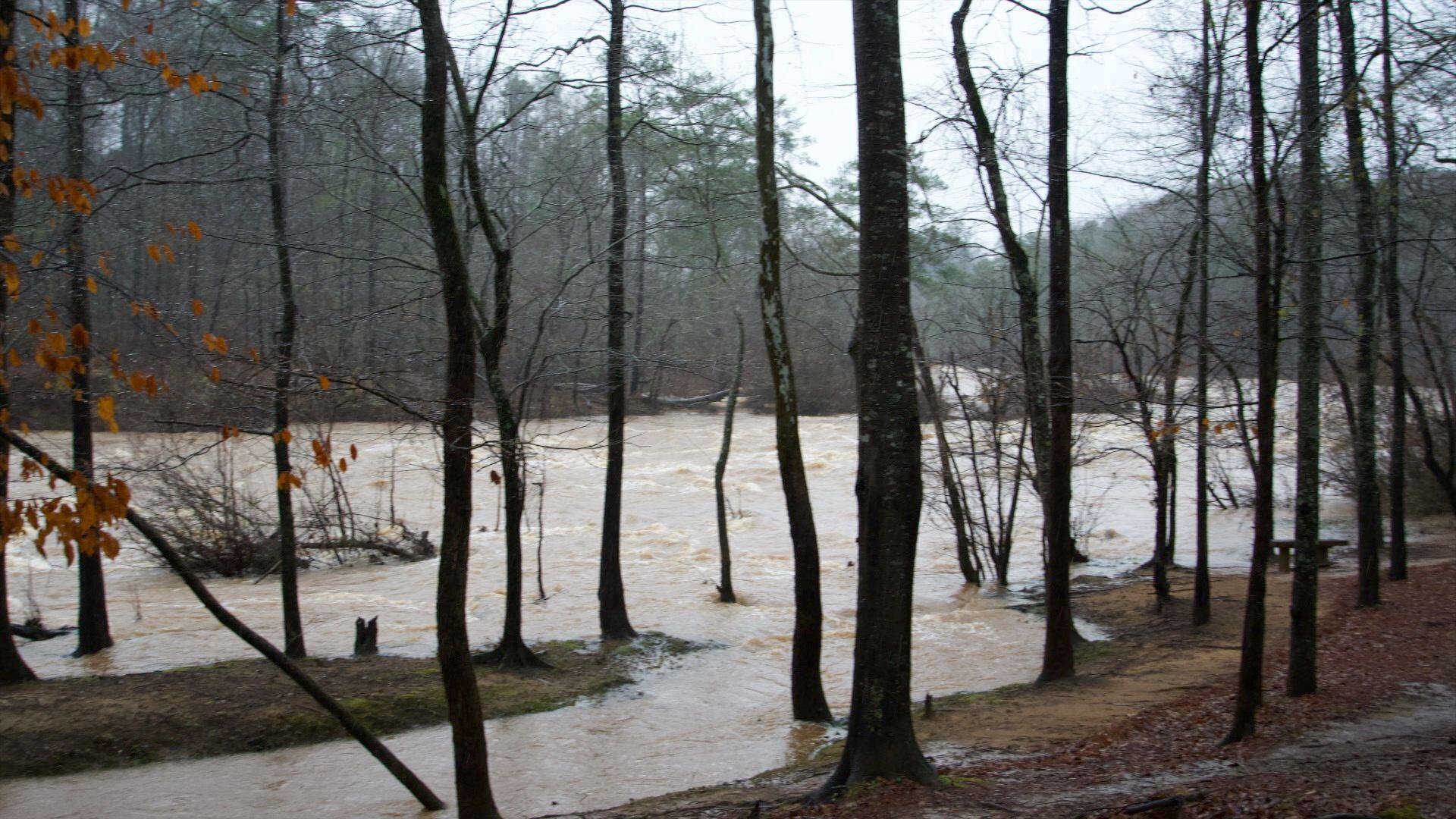Disaster Planning: How to Prepare a Business for Disaster?
April 1st, 2020
3 min read
By Chris Greene


Disasters can impact businesses and peoples lives in many ways, it doesn't even have to be a major disaster for things to be impacted. As a business owner many times you have many more people to think about than your own family.
Through the years we have seen a wide range of disasters strike the United States. Natural disasters through the years, Terrorists attacks in 2001, and now a pandemic in 2020.
We are going to have a series of blogs that address what you can be doing during this terrible pandemic to help your business and individuals.
We will discuss the four core areas of disaster planning
- Disaster preparedness
- Disaster response
- Disaster recovery
- Disaster mitigation
In 2011 when the United States was hit with a terrorist attacks it basically shut the entire country down for a short while. Air travel was completely grounded for the first time ever, Stocks plummeted, and businesses were hurting. This was the first time a terrorist attack disaster of this level had occurred in the United States.
The same thing is currently occurring with the Coronavirus pandemic in the United States. You have a service industry that has basically been shutdown for a minimum period of at least 6 weeks. This will cause many businesses to go out of business and force many individuals into bankruptcy. You could see unemployment claims at an all time high.
So what can be done or what could have we done as business owners to help prepare for these things?
First of all let's make one thing clear no one could have fully prepared their business or individual life for what the Coronavirus is currently doing to the United States economy and world economy.
Being a small business owner I know these are uncertain times and you have to manage the best way you can.
One way is through disaster preparedness. The purpose of preparedness is to hopefully have the things in place that you never have to use. Whether we are talking about the flooding in Tulsa Oklahoma, Nashville Tennessee, Knoxville Tennessee or the Coronavirus the first step is preparedness.
Having a disaster preparedness plan in place can go along way to minimize the impact that a disaster has on your business. There are two things we want to talk about that should be part of this place.
- Insurance coverage
- 3-6 month emergency fund
- Business adaptation plan
Insurance coverage can be a first line of defense to protecting a business and preparing for a disaster. Let's look at the flooding that occurred in the midwest in 2019. You had areas in Iowa, Nebraska, and Oklahoma that were hit with one flood after another closing many businesses.
So how could insurance help protect a business in this scenario?
In this situation the right commercial flood policy could go along way in protecting you. If you own the building it could help repair or replace the building. If you have large amounts of inventory that was destroyed it could help replace it.
So what if your business could not open back up for a while?
How could you possibly cover expenses if you can't generate income? This is where loss of income comes into play. This coverage could help cover those expenses while your business can't generate income.
So how much coverage do you need?
We normally recommend keeping 6 months of expenses on your flood insurance policy for this.
So while having insurance is great certain coverages may not always be available.
This why we recommend having a business emergency fund as part of your disaster preparedness plan. The emergency fund could help cover your expenses like payroll for a short period of time. Being a new business owner it can be hard to save this kind of money, because you are putting everything into the business.
When possible its recommended that you put a minimum of 10% of the business income into this plan. Some people recommend putting more but as new small business owners every dime counts.
Business emergency funds can also play a major role in helping lower stress during these disaster times. One reason is it can be the difference between going out of business and staying in business.
Adapting to and preparing for changes in business is crucial. In 2020 many businesses have already shown us that they don't have the ability to adapt to major changes. One of these changes that many businesses have faced is shifting their workforce to work from home. Working from home will not work for every industry. For example it just would not work for the food industry. However many businesses in the food industry have shown us their ability to adapt to rapid changes in a crisis environment. Many food establishments that were traditional sit down places have now shifted to curbside and delivery services. This ability to be able to adapt to some of these changes will be why many businesses continue to grow in such a difficult environment.

Remember a plan is not any good if it is not put in action or practiced. Ever seen kindergarten kids do a fire drill for the first time? Its pretty rough
This is exactly what could happen to your organization if this plan is not rehearsed. Maybe it's having people work from home once a quarter to make sure they have a set up that would work. Maybe as a restaurant owner its making sure that your kitchen staff can handle dine in orders and curbside delivery services.
We have talked about some recommendations on how to prepare a business for potential disasters. Maybe you have more questions about disaster plans or flood insurance for your business. Then make sure to visit our website for more information. You can also check out our daily flood education videos on our YouTube channel.


